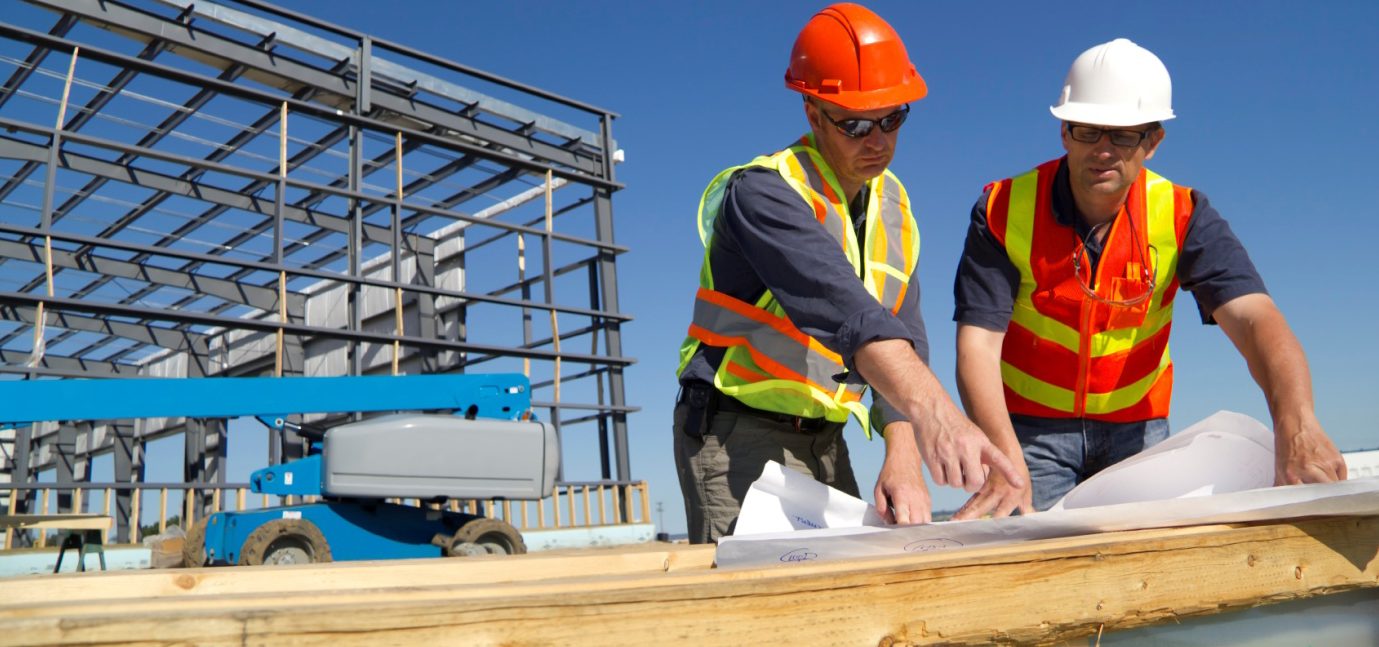In construction, the successful completion of a job is accomplished through effective project management. Delivering a quality project to your client on time and within budget, while also turning a profit for you and your subcontractors is no easy feat. It requires careful planning, detailed monitoring of the progress, and communication and collaboration among all the major stakeholders and team members.
Planning
Detailed and strategic planning is the most important aspect of successful construction project management. The more complex the project, the more planning will be required. A well-planned project maximizes efficiency and provides a step by step roadmap for completing the work on schedule and within budget. During the planning process, you’ll develop deliverables, define goals, and establish project milestones.
When planning out a construction project, you have to determine what equipment will be needed, how much labor will be needed, coordinate your subcontractors, and make sure building materials are all lined up and scheduled. Other aspects that need to be established during the planning phase include developing a safety plan, communication plan, and conducting a risk assessment and creating a response plan.
There are so many ways a project can get off track. Having a carefully crafted plan that is well executed can go a long way in mitigating and resolving issues before they arise.
Monitoring Progress & Making Adjustments
Once construction starts, the goal is to make sure everything progresses according to plan as much as possible. Typically a project will get derailed by a number of minor issues rather than one large problem. Carefully analyzing daily progress reports, keeping an eye on the budget and schedule, and managing risks requires a high level of attention to detail.
Identifying an issue or an upcoming delay is the first step. The second step requires a bit of detective work. If a task or activity is falling behind schedule, it’s important to identify the root cause. If productivity is down it could be that you don’t have the adequate workforce allocation for that particular task. Other possible causes of low productivity include not having enough equipment on site or maybe there’s a delay in material delivery.
Once you’ve discovered the cause of the problem, whether it’s a labor shortage or a budget overrun caused by rework, you need to revise your plan and your schedule and find a solution to the problem that will get the project back on track.
Communication
Effective communication is vital to the successful completion of any construction project. Good communication can improve teamwork and lead to better project collaboration. Poor communication can result in misunderstandings, delays, and issues down the road. Methods of communication for specific tasks and information sharing should be established early on in the project and agreed upon by all stakeholders.
The contract documents, including the drawings, specifications, change order forms and requests for information (RFIs), and progress reports establish the basis for all construction communication. It is important that any direct communication not outlined in the contract documents receives proper authorization and any changes to the scope or schedule that need to be made are documented and reported through the proper channels.
Establishing a consistent flow of information involves identifying points of contact with contact information for key team members is vital to ensuring that information is getting to the right people in a timely manner. Items like RFIs, change orders and daily reports are usually laid out in the contract documents with their own specific forms and submittal procedures that have to be followed. You may be required to file daily reports, but the owner may only want to be updated every other week.
The flow of communication affects the flow of a construction project. Problems and delays start to occur when people stop communicating or responding to inquiries. When everyone is collaborating and communicating effectively and efficiently, projects tend to run smoother and be completed on time and budget.
Collaboration
Good project collaboration is more than just everyone completing tasks on schedule. It involves building a relationship with all stakeholders based on trust and respect to work together to successfully complete a project. Being able to cooperate and coordinate efforts to improve productivity is essential. Part of this can be accomplished by having a good communication plan in place.
Getting key members of the team involved in the planning stage can also lead to better collaboration. Sharing ideas and expertise problem solving and logistics. Part of the collaboration process can include allocating risks to the parties best equipped to deal with them. Collaboration goes hand in hand with good communication and keeping everyone together on the same page. It revolves around trusting all parties and valuing their input as integral members of the team.
Technology has had a significant impact on improving communication and facilitating stronger collaboration over the last few years. Everything from smartphones and tablets to Building Information Modeling (BIM) and cloud-based project management software has made it easier to manage construction projects.
Need help finding the right construction project leads for your company? ConstructConnect Project Intelligence makes it easy to find that perfect project. Set preferences for trades, coverage area, building type, project value, and more to get construction leads matched and scored to easily identify the right projects for your company.

